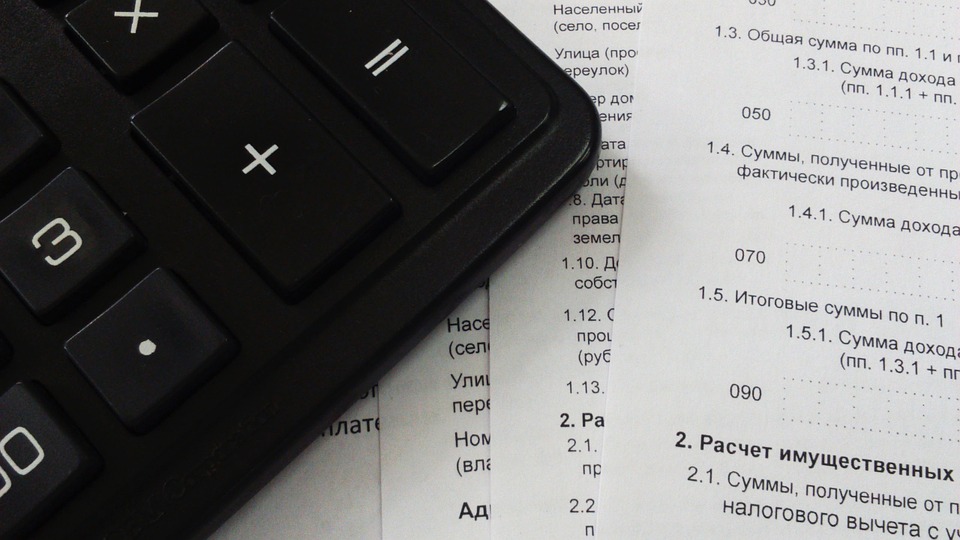Every household spends money, but are you spending within your means? Taking control of your financial situation and balancing that household budget is essential. This guide will let you do it.
Compare Spending with Earning
Before you do anything else, you need to get to grips with the reality of your current situation. That means looking at how much you spend and comparing it to how much you earn. You should have any trouble working out your household’s overall earnings. But you will need to keep a spending diary to really work out much money you spend in an average month. If you find that there is a deficiency, and you’re spending more than you earn, then your budgets aren’t balanced. And you have a problem to fix.

Plug the Gaps in the Short-Term
If you find that your financial situation is severe, and you are unable to make payments on your mortgage, then action is needed. This means looking at all those gaps in your finances and doing what you can to plug them. This could mean using your savings to balance things. Or you could take advantage of personal loans to sort things out. In the short term, mitigating the immediate threats to your financial stability is what’s most important of all. You can worry about the other issues later.
Then Plan Some Long-Term Changes
When your short-term problems have been dealt with, it’s time to look at long-term changes. It’s impossible to balance your household budget without making serious changes to how you spend money. You should see if you can cut back on your weekly food shopping budget. And make sure you compare all the deals on things like electricity, gas and phone services. You might be able to get a better deal and save money in the long term, so it’s worth looking into.
Pay Off Debts
If you took out loans earlier to help plug the immediate gaps in your finances, you should focus on paying that money back. Loans and credit can be great ways to sort out short-term problems, but they are not healthy for your finances in the long term. Draw up your own repayment plan and see if you can pay it back earlier than the creditor is demanding. If you do decide to do this, make sure that you check if any changes come with paying back the loan early though.
Save When You Can
Once your budget is balanced, you might start finding that you have some excess cash. Of course, this can only be a good thing, but it doesn’t mean that it has to be spent. This is the kind of money that should be put away for the future. Saving money is vital if you want to secure your long-term financial security. The money that you save away while you’re young could be what helps you to enjoy a comfortable retirement in the future. Once you get into the habit of saving money, it will come naturally.


Leave a Reply